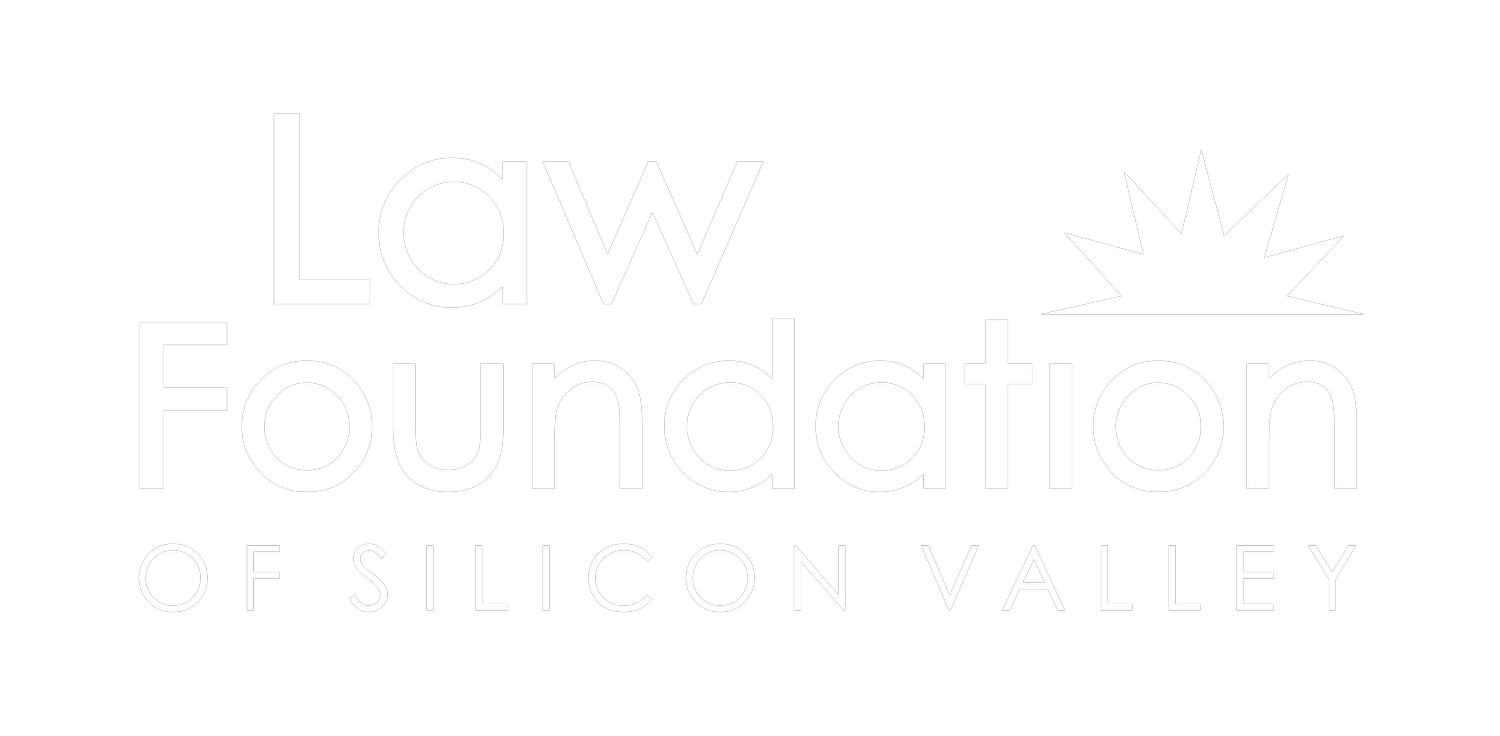The Law Foundation writes to strongly oppose opting into Assisted Outpatient Treatment (AOT). The Law Foundation’s Health program advocates for individuals in Santa Clara County who are involved in the civil commitment system to ensure their civil rights are protected and empower them to engage in services that meet more than their perceived needs. Thus, the Law Foundation urges the Board to opt-out of AOT.
Forcing people into a program without consideration to their wants impacts their civil rights and liberties. At a time when the County is grappling with ensuring that it creates culturally competent care and safety for individuals, AOT is a step in the wrong direction. AOT’s effectiveness is premised on individuals being more likely to engage in an outpatient program endorsed by a judge than a robust voluntary program like Assertive Community Treatment (ACT). However, communities such as Black, Latinx, Indigenous, and other people of color are more likely to have negative experiences with or impressions of the judicial system and may find a judge’s involvement in their mental health treatment off-putting, and in some cases, retraumatizing. In adhering to our community’s anti-racist values, the county should opt out of AOT.
We understand that much of the public pressure for implementing AOT comes from constituent complaints about seeing their unsheltered neighbors. Such concerns conflate homelessness with mental health needs and are often fueled by a desire to institutionalize people deemed “unsightly.” The decision to implement AOT fuels stigma against people experiencing homelessness. The County has continuously stated that there is a lack of funding for housing and the needs of unhoused people. It seems counterintuitive to use millions of dollars for forced treatment through AOT instead of directly funding additional housing services growing unsheltered population.
AOT would require additional legal and court resources to ensure due process. When reviewing the current budget allocations, it seems that only a very small amount of the County’s AOT budget is allocated to the public defender’s office for these additional required legal resources. In addition to the legal resources, legal representation connected to AOT must happen very early in the AOT process. Currently, there are no safeguards or assurances that the County has considered the costs or implications of true due process for AOT. A lack of legal representation early on will only harm the client, who after months of pressure may feel the court process is just a rubber stamp and does not meaningfully protect their legal rights.
AOT is a barrier to providing culturally competent and credible mental health care. Despite Silicon Valley’s thriving economy, Black, Indigenous, and other people of color (BIPOC) face additional barriers to economic stability caused by systemic racism and intergenerational poverty. When these individuals also have significant mental health symptoms, they may find it particularly hard to access appropriate mental health support. Navigating mental health call centers and referrals can be a complex maze. When someone can make an appointment, finding a culturally appropriate provider can be an additional hurdle. Being forcibly hospitalized against one’s will can be traumatizing and cause people to lose trust in mental health professionals. These factors often play into people giving up on seeking mental health support, they might otherwise want. Additionally, the current budget only accounts for two peer support workers for the entire program. The County cannot possibly expect for two peer workers to staff an entire project that will center a culturally competent approach. And for this reason, the proposed AOT funding focus should be on voluntary programs and resources that center historically marginalized communities.
Santa Clara County should expand its investments in programs that work to engage hard-to-reach mental health consumers. We support Santa Clara County’s expansion of Assertive Community Treatment (ACT), a voluntary outpatient program that provides the same level of service as in an AOT program to help hard to reach consumers lead healthier lives without the threat of a court order. When considering data-driven next steps, ACT effectively provided cost savings to communities by significantly reducing hospitalizations, incidents of violence, victimization, and incarceration. In contrast, no scientific studies of AOT have shown any significant benefit to the using AOT’s court-mandated program over ACT, a purely voluntary program. Beyond the cost of ACT, AOT requires unfunded mandates and logistical challenges including reporting requirements, court processes, and providing legal representation.
AOT is expensive at a time when the County is making difficult budget cuts due to the pandemic. It does not make sense to fund AOT, an involuntary program with high non-service costs. Instead, community-based, BIPOC-centered housing and voluntary mental health programs could make better use of those funds.
We urge the Board to opt-out of AOT in Santa Clara County.

